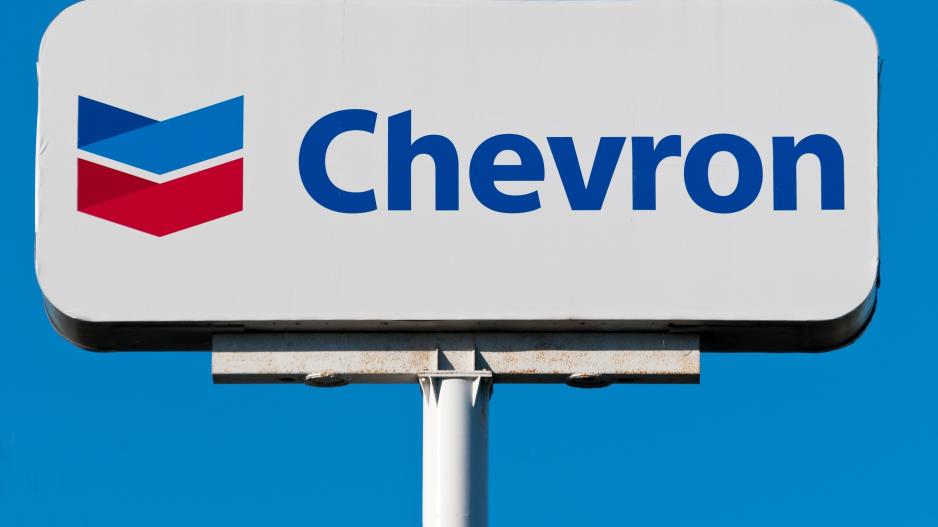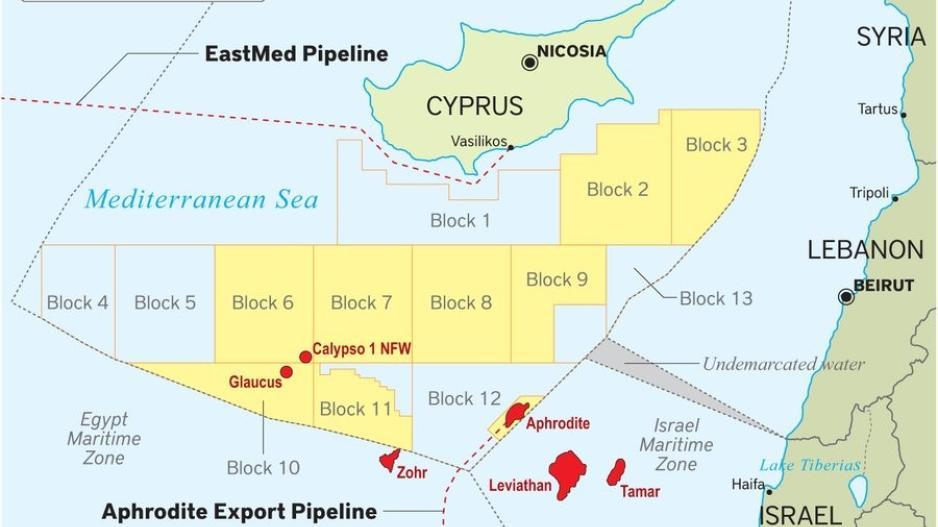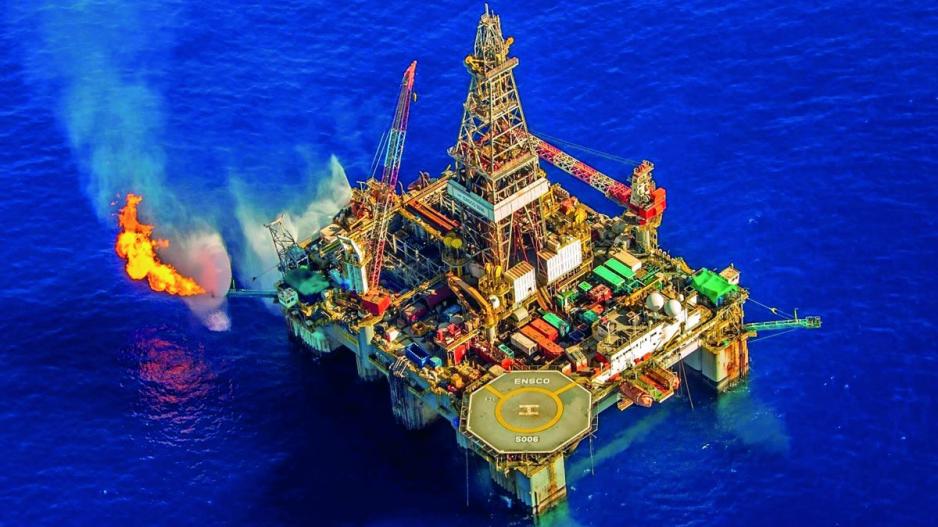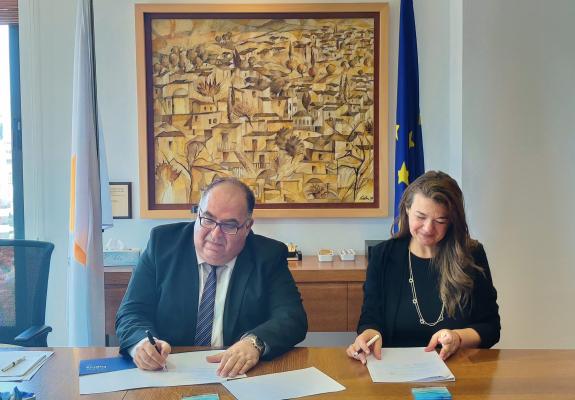Why did Cyprus Reject Chevron's Revised Plan for Aphrodite Gas Field
An Inside Look at the Economic and Quality Concerns
The Republic of Cyprus has formally rejected a revised development plan submitted by Chevron for the Aphrodite natural gas field, located in the country's Exclusive Economic Zone (EEZ). The rejection mainly stems from economic concerns, as outlined by a reliable source within the Cypriot Ministry of Energy.
According to the source, who spoke to Brief, accepting Chevron's revised plan would lead to a significant reduction in the company's investment in the Aphrodite field. This would, in turn, adversely impact the Republic of Cyprus's projected revenues. Chevron's amended proposal sought to scale back the number of production wells from five to three, leading to a drop in production rates from 800 to 650 cubic feet per day (cfd).
Such a reduction would have slashed an estimated $1 billion from the original agreement's projected costs, which had been pegged at $3.6 billion. One of the most contentious issues was Chevron's proposal to eliminate the Floating Production Unit (FPU), a key component in natural gas processing.
The cancellation of the FPU raised not only economic but also quality concerns. The source indicated that this change would jeopardize the quality of natural gas extracted from the Aphrodite field. Moreover, should the revised plan have been accepted, there was a heightened risk that lower-quality gas—and even water—could be extracted during the field's later operational years. This time frame notably coincides with when Cyprus would be earning the highest revenues based on the current agreement.

Under the existing agreement, which dates back to 2019, Chevron would have the right to recover its operational costs from the natural gas revenues for approximately five years. After this period, the Republic of Cyprus would claim the lion's share of profits from natural gas extraction.
Following the rejection, Cyprus has invited all parties involved to return to the negotiation table, with a goal of reaching a new agreement within the next 30 days. As of now, the 2019 agreement remains in force.
The Aphrodite gas field was discovered in 2011 and holds an estimated 4.4 trillion cubic feet of natural gas, or approximately 125 billion cubic meters. It is located near Israel's Leviathan field, which is also a joint venture involving Chevron and NewMed.







